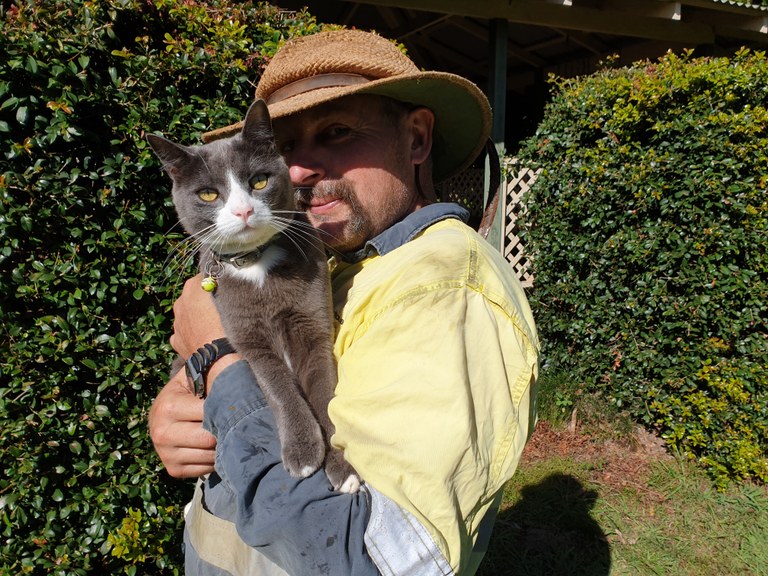
Feral Cat Control & Responsible Cat Ownership Workshop
- https://landcare.nsw.gov.au/groups/hastings-landcare-inc/feral-cat-control-responsible-cat-ownership-workshop
- Feral Cat Control & Responsible Cat Ownership Workshop
- 2019-05-16T10:00:00+10:00
- 2019-05-16T13:00:00+10:00
16 May, 2019 from 10:00 AM to 01:00 PM (Australia/Sydney / UTC1000)
Wauchope RSL Club
Keep your ferals out, and your domestics in.
That's the message from the Hastings Landcare and Macleay Landcare Network on how to reduce the impact of cats on our native wildlife. Hastings and Macleay Landcare are running Feral Cat Workshops. The Hastings workshop will be held at Wauchope RSL Club on the 16th May 2019 from 10am to 1pm.
Feral cats have contributed to the extinction of at least 28 mammal species since they first arrived in Australia. They continue to wreak havoc to our native mammals, reptiles, frogs and birds. Feral cats are likely to feed on a wide variety of Australian native wildlife including 120 bird species, 156 reptiles, 58 marsupials, 24 rodents, 21 frogs, and five bats. At least 120 of these species occur on the NSW North Coast, and include known threatened species.
Domestic household cats also pose a major threat to our native wildlife. There is also significant scientific evidence in Australia that domestic cats also kill Australian native wildlife. Adequate feeding and desexing of your domestic cat is recommended, but it is unlikely to actually change their tendency to kill native wildlife. The best strategy to reduce these impacts is to confine your pet cats to their yard.
Guest speakers at the workshops will include local wildlife expert Bernard Whitehead, and representatives from Local Land Services, local government Rangers, and VET practitioners. Topics will include feral cat impacts, biology & behaviour, survey & control techniques, FeralScan reporting methods, responsible cat ownership and animal welfare.
This project is supported by the NSW Department of Primary Industries and Landcare NSW Incorporated through funding received from the Established Pest Animals and Weeds initiative, part of the Australian Government’s Agricultural Competitiveness White Paper, the government’s plan for stronger farmers and a stronger economy.
Hastings landcare welcomes everyone and the workshop is free of charge. RSVP by the 14th May 2019 by contacting 02 6586 4465 or emailing office@hastingslandcare.org.au .




